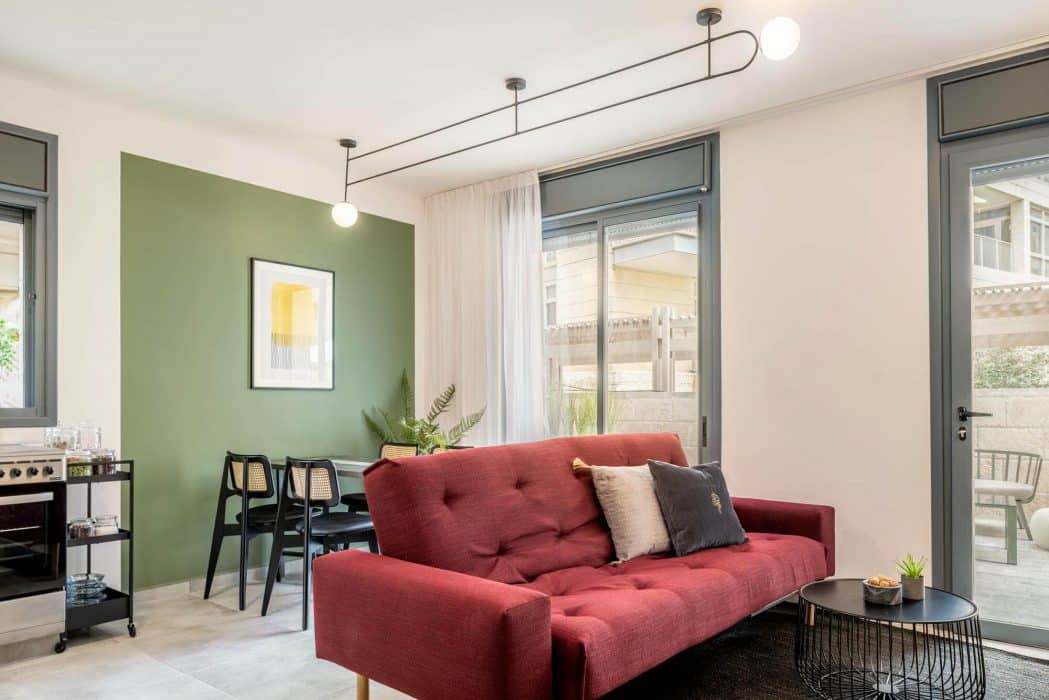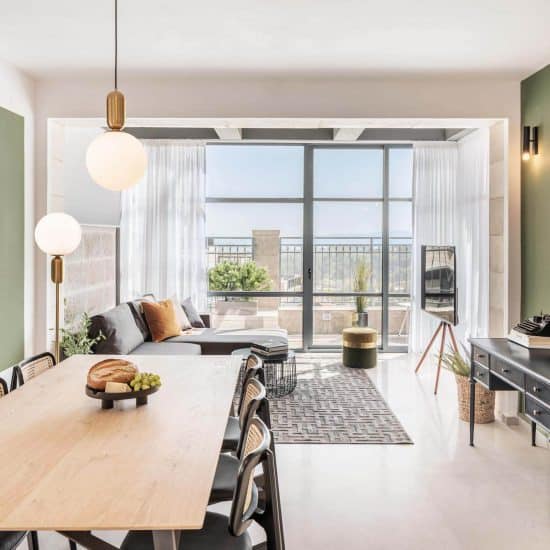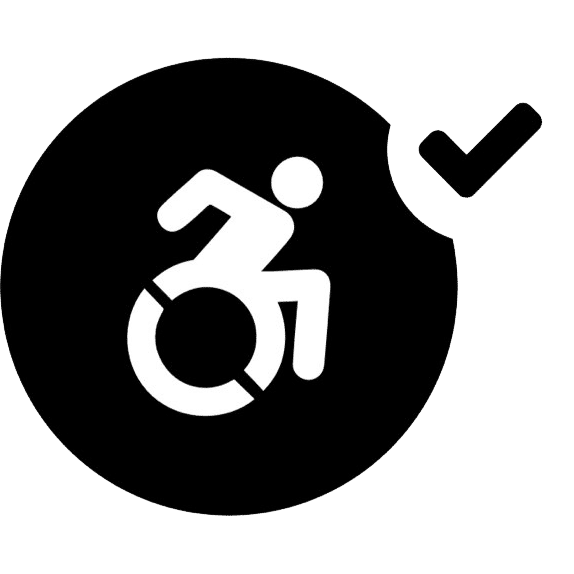
Unlocking the Mystery of Israel’s Political System: A Layman’s Guide
Picture this: You’re strolling through the vibrant streets of Jerusalem, sipping on some freshly squeezed pomegranate juice, when someone starts chatting about Israel’s political system. Suddenly, you find yourself nodding knowingly, impressing your fellow travelers with your newfound wisdom. That’s right, understanding the Israeli government not only enriches your travel experience but can also make you the star of your next cocktail party. And if you’re looking into more than a day trip to this fascinating capital, be sure to check out our stunning range of luxury Jerusalem apartments for rent.
But first, let’s dive into this fascinating topic in a fun way and learn how the Israeli political machine works. Politics and opinions aside – no pun intended – understanding how the system works will help you converse with the locals. Just remember to stay curious and check your judgments at the door in any chats. It’s a complicated topic so the more questions you ask, the more knowledge you’ll gain!
The Israeli Political Landscape
Israel’s political system is a bit like a complex puzzle with many interlocking pieces. At its core, it’s a parliamentary democracy, which means the government is elected by the people through regular elections. But here’s where it gets interesting.
Knesset: The Heart of Israeli Politics
The Knesset is Israel’s unicameral (single-chamber) legislature, and it’s where all the political magic happens. Imagine it as the bustling hub of Israeli democracy. The Knesset consists of 120 members, known as Knesset members (MKs). These MKs are elected by proportional representation, which means you vote for a political party, not an individual candidate.
The number of seats a party wins in the Knesset is determined by the percentage of the vote it receives. If a party gets 10% of the votes, they get 10% of the seats. Simple, right? But wait, there’s more!
Coalition Building: The Art of Compromise
In Israel, no single party has ever won an outright majority in the Knesset. So, after the elections, the real fun begins: coalition negotiations! The party leader who can cobble together enough seats to form a coalition government becomes the Prime Minister.
This often means making deals with smaller parties and compromising on various policy issues. It’s like putting together a political jigsaw puzzle with pieces that have their own quirks and demands.
Travel Tip: If you’re into government stuff and want to get a taste of the action, you can actually watch Knesset sessions in person when you’re in Jerusalem. Check the Knesset website for visitor information and session schedules.
President vs. Prime Minister
Here’s a little twist: Israel has both a President and a Prime Minister. The President is more of a ceremonial figurehead, while the Prime Minister is the real power player. The President’s role includes granting pardons and representing Israel in diplomatic matters. Currently (October 2023), Isaac Herzog serves as Israel’s President.
Elections: The Israeli National Sport
Elections in Israel are like a national sport. They happen regularly (usually every few years), and they often lead to nail-biting cliffhangers. If you’re in Jerusalem during an election season, you might witness campaign rallies, political posters plastered everywhere, and passionate debates in the streets.
Travel Tip: To truly immerse yourself in the Israeli political scene, strike up conversations with locals about their views and experiences. It’s a fantastic way to gain insights and maybe even score an invitation to a political event.
Government in Action: What to See and Do
Now that you’re well-versed in the Israeli political system, why not explore some of its key institutions? Here are a few places to visit while you’re in Jerusalem:
The Knesset: Take a guided tour of Israel’s legislative body. You’ll get to see the plenum, committee rooms, and even the Knesset archives. Don’t forget to book your tour in advance.
The Supreme Court of Israel: Marvel at the impressive architecture of this modern building, which houses the highest court in the land. You can also attend public hearings if you’re interested in watching the judicial process in action.
Yad Vashem: While not a political institution, Yad Vashem is a must-visit. It’s Israel’s official memorial to the victims of the Holocaust and serves as a reminder of the importance of democracy and human rights.
Finding Your Home Away From Home
If you’re planning an extended stay in Jerusalem to dive deeper into Israel’s political scene, have a look at our beautiful apartments for rent in Jerusalem, Israel long term. Having a comfortable home base will allow you to fully immerse yourself in the culture and politics of this dynamic city.
So, there you have it, a crash course in Israel’s political system that’ll make you the star of any conversation. Whether you’re sipping cocktails or exploring Jerusalem’s political landmarks, you’re now equipped to join the conversation with a newfound understanding of this fascinating aspect of Israeli society. Cheers to becoming the life of the party!






